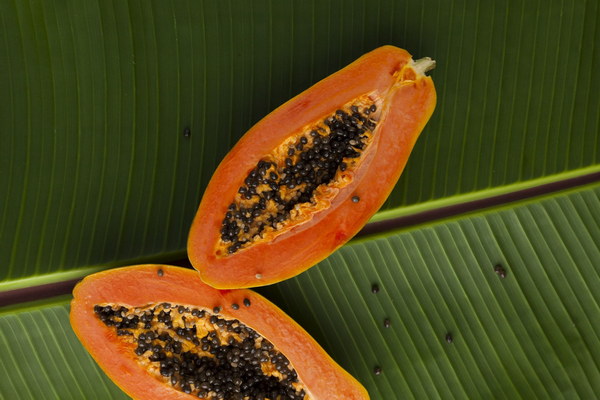Post-Myomectomy Diet A Comprehensive Guide to Nutritional Recovery and Eating Well After Minimally Invasive Hysterectomy
After undergoing a minimally invasive hysterectomy, known as a myomectomy, the body requires time and proper nutrition to heal and recover. The post-operative period is crucial for ensuring a smooth recovery, and a well-balanced diet can play a significant role in this process. This article provides a comprehensive guide to the best nutritional practices and dietary tips to follow after a myomectomy.
Understanding the Recovery Process
A myomectomy is a surgical procedure to remove fibroids from the uterus while preserving the uterus itself. The recovery time can vary from person to person, but generally, it takes several weeks to a few months. During this time, the body needs adequate nutrients to support tissue repair, immune function, and overall health.
1. Protein for Tissue Repair
Protein is essential for tissue repair and healing. After surgery, the body uses protein to rebuild and repair damaged tissues. Good sources of protein include:
- Lean meats like chicken, turkey, and lean beef
- Fish, such as salmon, trout, and tilapia
- Eggs and dairy products like milk, cheese, and yogurt
- Legumes like lentils, chickpeas, and beans
- Nuts and seeds, including almonds, chia seeds, and flaxseeds
Include these protein sources in your meals to ensure you're getting enough to support your recovery.
2. Iron for Energy and Healing
Iron is vital for the production of hemoglobin, which carries oxygen throughout the body. Adequate iron levels are crucial for energy levels and the healing process. Foods rich in iron include:
- Red meat, such as beef and lamb
- Pork
- Poultry, like chicken and turkey
- Fish, such as sardines and mackerel
- Beans and lentils
- Green leafy vegetables like spinach and kale
- Fortified cereals and bread
To maximize iron absorption, pair iron-rich foods with vitamin C sources, such as oranges, strawberries, bell peppers, and tomatoes.
3. Calcium for Bone Health
Calcium is essential for maintaining bone density and strength. It's particularly important after surgery, as the body uses calcium to repair bones. Good calcium sources include:
- Dairy products like milk, cheese, and yogurt
- Leafy greens, such as kale, collard greens, and broccoli

- Fortified plant-based milks and juices
- Almonds, sesame seeds, and white beans
Ensure you're getting enough calcium in your diet to support bone health.
4. Fruits and Vegetables for Antioxidants and Vitamins
Fruits and vegetables are rich in antioxidants, which help protect the body against oxidative stress and inflammation. They also provide essential vitamins and minerals that support immune function and healing. Aim for a variety of colorful fruits and vegetables, including:
- Berries like strawberries, blueberries, and raspberries
- Citrus fruits like oranges and grapefruits
- Leafy greens, such as spinach, kale, and Swiss chard
- Root vegetables like carrots, beets, and sweet potatoes
- Cruciferous vegetables like broccoli and cauliflower
5. Hydration and Fluid Intake
Proper hydration is crucial for overall health and recovery. Drink plenty of water throughout the day to stay hydrated. If you're experiencing nausea or discomfort, consider sipping on clear broths, herbal teas, or coconut water.
6. Gentle Foods and Gastrointestinal Care
After surgery, your digestive system may be sensitive. To avoid discomfort and support digestion, opt for gentle foods such as:
- Mashed potatoes
- Rice
- Oatmeal
- Boiled or steamed vegetables
- Smoothies and yogurt
Gradually reintroduce more fiber-rich foods as your digestive system becomes more comfortable.
7. Consult with a Nutritionist or Dietitian
It's always a good idea to consult with a nutritionist or dietitian who can provide personalized advice based on your specific health needs and dietary preferences. They can help create a meal plan that supports your recovery while considering any restrictions or dietary requirements you may have.
In conclusion, a well-rounded diet that includes a variety of protein, iron, calcium, and essential nutrients is key to a successful recovery after a myomectomy. By focusing on these nutritional aspects and following gentle eating practices, you can support your body's healing process and promote overall well-being.
Note: This article is for informational purposes only and should not replace professional medical advice. Always consult with a healthcare provider for personalized dietary recommendations following surgery.









